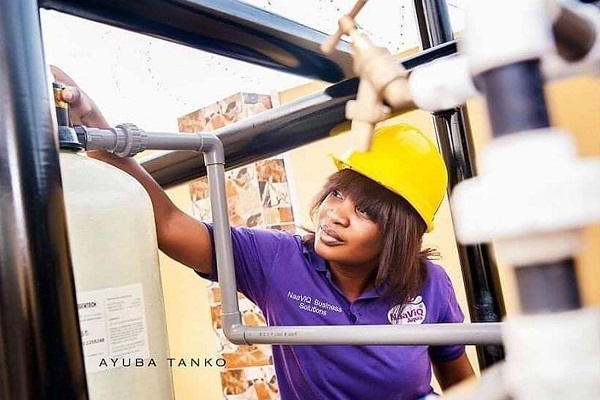The Cooperation in International Waters in Africa (CIWA) program assists riparian governments in Sub-Saharan Africa in unlocking the potential for sustainable, climate-resilient growth by addressing constraints to cooperative water resources management and development.
Situation
Currently only 58 percent of Africans have access to safe drinking water, less than 5 percent of cultivated land is irrigated, and only 10 percent of hydroelectricity potential is utilized. Compounding those needs, much of Africa is highly vulnerable and under-prepared to cope with the impacts of climate change. By 2020, a projected 75 to 250 million people in Africa will be exposed to increased water stress.
Tapping into Africa’s tremendous water resources has the potential to significantly strengthen the region’s water security, improve livelihoods, and fuel economic growth. Improved water management can make a critical contribution to achieving food security, reducing vulnerability to climate change, improving human health and sanitation, and increasing energy generation and industrial expansion.
With 90 percent of water in Africa falling within 63 international river basin catchments crossed by multiple borders, water management in the region is inherently an international and cooperative endeavor.
With Africa’s growing population and industries, demand for water increases, further complicating the political, institutional, economic, and financial challenges that countries face as they manage and develop their transboundary rivers, lakes, and aquifers. Managing water-related hazards and risks – such as flood and drought – is a central challenge in strengthening African resilience to climate change. The urgency to facilitate cooperation around shared waters in Africa increases as competition for the resource grows and climate change intensifies hydrological variability and unpredictability.
Transboundary management presents both opportunities and challenges – countries working together can often reap greater benefits than working alone, but historical tensions, issues of sovereignty, and difficulty in determining reasonable and equitable use must all be overcome.
CIWA as a Response
CIWA funds a variety of organizations – governments, river basin organizations, regional economic communities, civil society organizations, and African regional or national organizations – to address the constraints of cooperative transboundary water management. Managed by the World Bank, CIWA is uniquely poised to provide neutral third-party facilitation, technical support, and critical analysis to better understand transboundary water issues and inform decisions.
CIWA supported activities – which cut across sectors including energy, agriculture, transportation, social issues, and the environment – assist the World Bank’s clients to utilize transboundary resources productively and equitably, protecting people and property from water-related shocks, and ensuring the sustainability of the resource base.
Read more about how CIWA strengthens cooperative water resources management and development (pdf).



